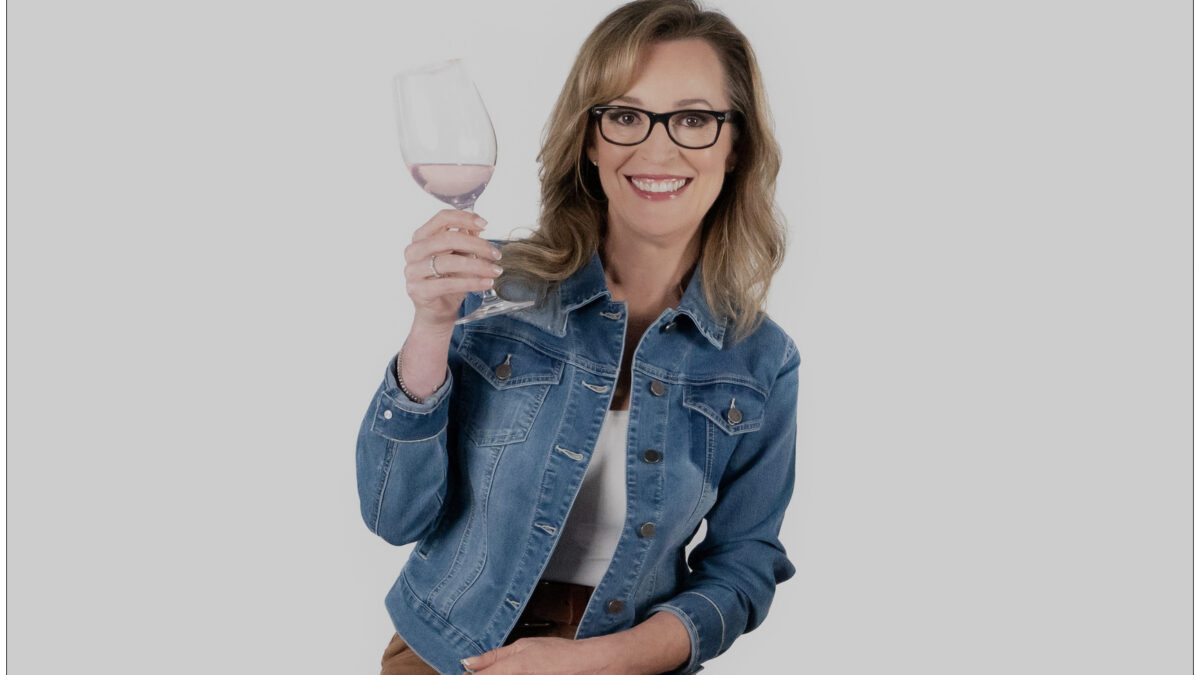The career of Canadian broadcaster Jody Vance has been a beacon for many female sports journalists.
These days Vance co-hosts the weekly talk show Steele and Vance on B.C.’s CHEK TV. Vance has been in broadcasting for more than 25 years. She’s hosted and anchored on CTV, CBC and Rogers, initially covering sports in an era when opportunities for women were very limited.
In the wake of the 38th National Girls and Women in Sports Day, when teams and leagues around the world took the opportunity to celebrate athletes, she spoke to Capital Current about her career, including where her dream began.
Vance was just eight years old, in a sparring match with her older brother over the TV remote, when her hope of a broadcasting career sparked in a flash. She was watching a Canucks game in her North Vancouver home and she beat legendary the Vancouver Canucks announcer Jim Robson to the punch with her own pronouncement.
“Right after I said something, Jim Robson said almost the exact same thing and I thought, ‘Oh, I could do that,” recalled Vance. Twenty-five years later, at 33, Vance would become the first woman in Canadian television to host her own sports program in prime time.
I wasn’t thinking about how much money I could make or what the hours were. All I thought was: This is the job I want to do and this will launch me into where I need to be next.
Jody Vance
But the journey to that moment wasn’t easy. She got her first opportunity in the industry at age 21. After putting on an impressive performance bartending at a Christmas party hosted by legendary Canadian talent manager Bruce Allen, Vance was asked to drive the community cruiser for a new radio station.
“I wasn’t thinking about how much money I could make or what the hours were,” she said. “All I thought was: This is the job I want to do and this will launch me into where I need to be next.”
And so it did. After some time commanding the cruiser, Vance landed her first in-person interview — a Q&A with Jann Arden, legendary Canadian recording artist, before her debut album — at a ROCK 101 concert in Granville Island.
Vance recalls studying her meticulously organized questions, each written on “little recipe cards” she had brought with her to meet Arden at The Arts Club Theatre Backstage Lounge.
“Jann immediately disarmed me and showed me that we were going to have fun if I just relaxed a little bit and let her be the star,” said Vance. “It’s less about having a list of questions in front of you and more about asking a question, listening to the answer, and following up on where that takes you.”
Since that first interview, Vance has posed questions to a number of her sports idols including hockey legends Wayne Gretzky and Steve Yzerman, NFL Hall of Famer Terrell Owens, golf great Mike Weir and soccer superstar Christine Sinclair.
Vance admits everyone in her line of work has an ego. But despite her extensive experience rubbing elbows with some of the biggest names in sports, there’s also a level of self-doubt, she says.
“Somewhere in between is the magic,” said Vance. “You go in with your heart thumping and at some point while you’re doing the work, you forget.”
In 1994, Vance got her first opportunity in sports television. By consistently sticking her neck out and resisting the pigeonholes many female broadcasters get stuck in such as weather or traffic, Vance eventually earned an opportunity with BCTV, now part of CTV, to read the sports news.
She recalls spending so much time assembling that first highlight package that she didn’t have time to put her makeup on for the cameras.
“It went really, really well, shockingly, ” Vance remembered. “I went home and I thought I was going to throw up. I had a headache from the stress of it all. But I thought I could die — because I’ve done this thing that I’ve always wanted to do.”
She was asked to do the show a second night, but didn’t have the same luck. Instead of a scoreboard, a debate on whales came up on screen and, in the chaos, Vance lost her place in the script. When the camera came back to a flustered Vance, she said: “My mom told me there’d be days like this.” She put her head down, flipped through the pages, and eventually found her place.
I don’t spend a lot of time dwelling on the things that don’t go right because those are the things that stop you.
Jody Vance
Vance initially thought the incident was career suicide, but in one of the countless moments where her resilience shone through, she laughed.
“Funny enough, I did work again. I don’t spend a lot of time dwelling on the things that don’t go right because those are the things that stop you,” said Vance. “I go through these moments and learn how I could have done better. That’s when I learned that you have to flip your pages in your script in case things go wrong.”
These early moments in Vance’s career highlight the attributes of her character that have allowed her to succeed in an ultra-competitive industry: a tireless work ethic, a thick skin and an unwavering pursuit of goals.
She’s overcome much including a lengthy battle against an harasser that tormented her and her family for years.
“They say one per cent of people in broadcast media, particularly in Canada, make it, ” said Vance. “It’s like getting a job in the NHL. It’s very difficult and I never in my wildest dreams thought I would have the opportunities that came my way after that fateful first broadcast.”




